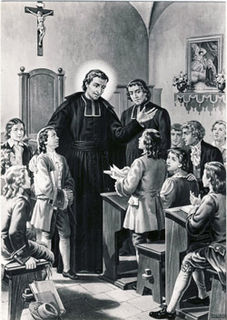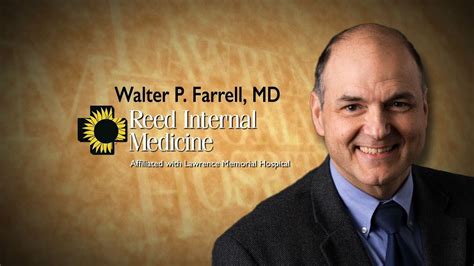A Quote by Fred Rogers
Anyone who does anything to help a child in his life is a hero to me.
Related Quotes
It concerns me when I see a small child watching the hero shoot the villain on television. It is teaching the small child to believe that shooting people is heroic. The hero just did it and it was effective. It was acceptable and the hero was well thought of afterward. If enough of us find inner peace to affect the institution of television, the little child will see the hero transform the villain and bring him to a good life. He'll see the hero do something significant to serve fellow human beings. So little children will get the idea that if you want to be a hero you must help people.
Cus was my father but he was more than a father. You can have a father and what does it mean?—it doesn't really mean anything. Cus was my backbone . . . . He did everything for my best interest . . . . We'd spend all our time together, talk about things that, later on, would come back to me. Like about character, and courage. Like the hero and the coward: that the hero and the coward both feel the same thing, but the hero uses his fear, projects it onto his opponent, while the coward runs. It's the same thing, fear, but it's what you do with it that matters.
Why didn’t you come tell me he was heading out alone? (Kat) ’Cause he does it all the time. Didn’t think anything about it. But now that you’re here I’ll make sure and keep you updated on everything he does. That way you can cut his meat up for dinner and help him tie his shoes and use the potty, too. (Damien)
As in the natural life a child must have a father and a mother, so in the supernatural life of grace a true child of the Church must have God for his Father and Mary for his mother. If he prides himself on having God for his Father but does not give to Mary the tender affection of a true child, he is an impostor and his father is the devil.
For success in training children the first condition is to become as a child oneself, but this means no assumed childishness, no condescending baby-talk that the child immediately sees through and deeply abhors. What it does mean is to be as entirely and simply taken up with the child as the child himself is absorbed by his life.
To be told that our child's behavior is "normal" offers little solace when our feelings are badly hurt, or when we worry that hisactions are harmful at the moment or may be injurious to his future. It does not help me as a parent nor lessen my worries when my child drives carelessly, even dangerously, if I am told that this is "normal" behavior for children of his age. I'd much prefer him to deviate from the norm and be a cautious driver!
Typically, the hero of the fairy tale achieves a domestic, microcosmic triumph, and the hero of myth a world-historica l, macrocosmic triumph. Whereas the former-the youngest or despised child who becomes the master of extraordinary powers-prevails over his personal oppressors, the latter brings back from his adventure the means for the regeneration of his society as a whole.

































